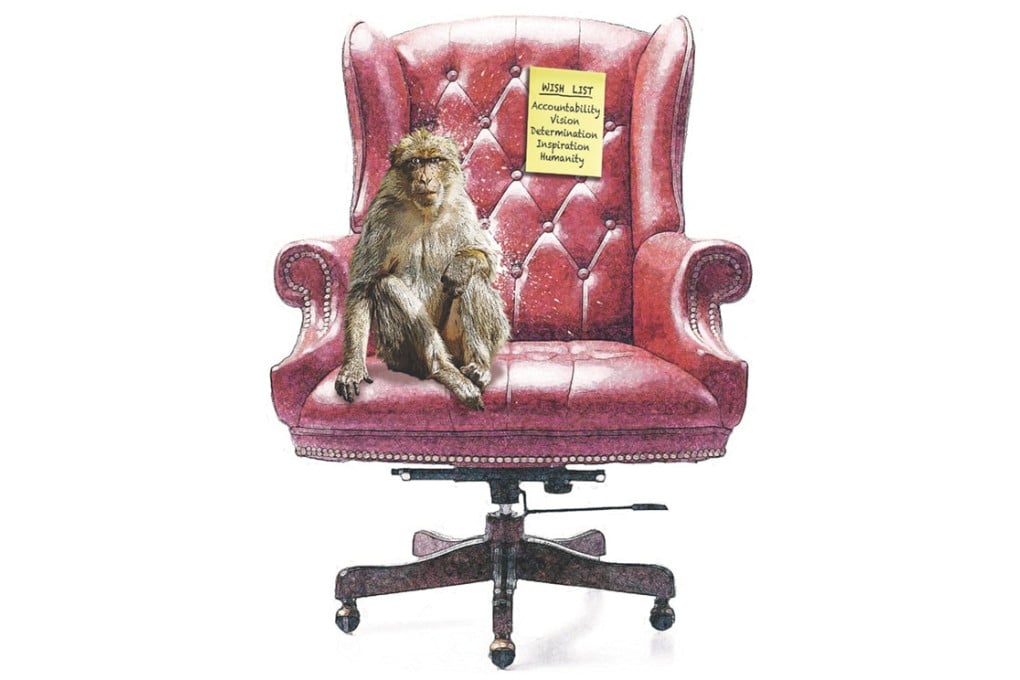The virtue of accountability in top company executives
Bosses should opt for action even if they have to bet their reputation on their decisions

Top executives make decisions every day that affect their companies' vitality. Does that statement sound familiar? Yes, if it is used to justify why chief executives get big pay cheques and why we should pay special attention to leaders.

And so it is perhaps understandable that some of the most influential and high-status people, such as chief executives of large companies, often themselves display such behaviour. However, should we not expect more from our leaders?
Each of us might have a wish list of what good leaders should have - vision, determination, inspiration, humanity, etc. One essential element, to me, is their accountability. Executives should be accountable for their positions and actions.
We know that when an organisation gets bigger and bigger, it will develop certain rules and structures that help it operate routinely. In other words, matured organisations are resilient and able to survive for a long period, even if a monkey is put in charge.
In one extreme example, in the last two decades of his reign (to 1620), emperor Wanli of the Ming dynasty did not attend a single morning meeting with his ministers, act on any memoranda or make any personnel appointments. It is typical of the inaction that can be seen when an entrenched leader has the discretion to lead a quiet life.